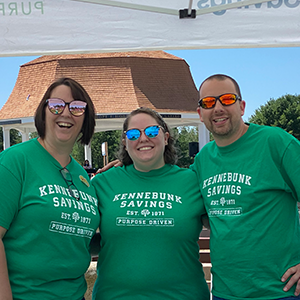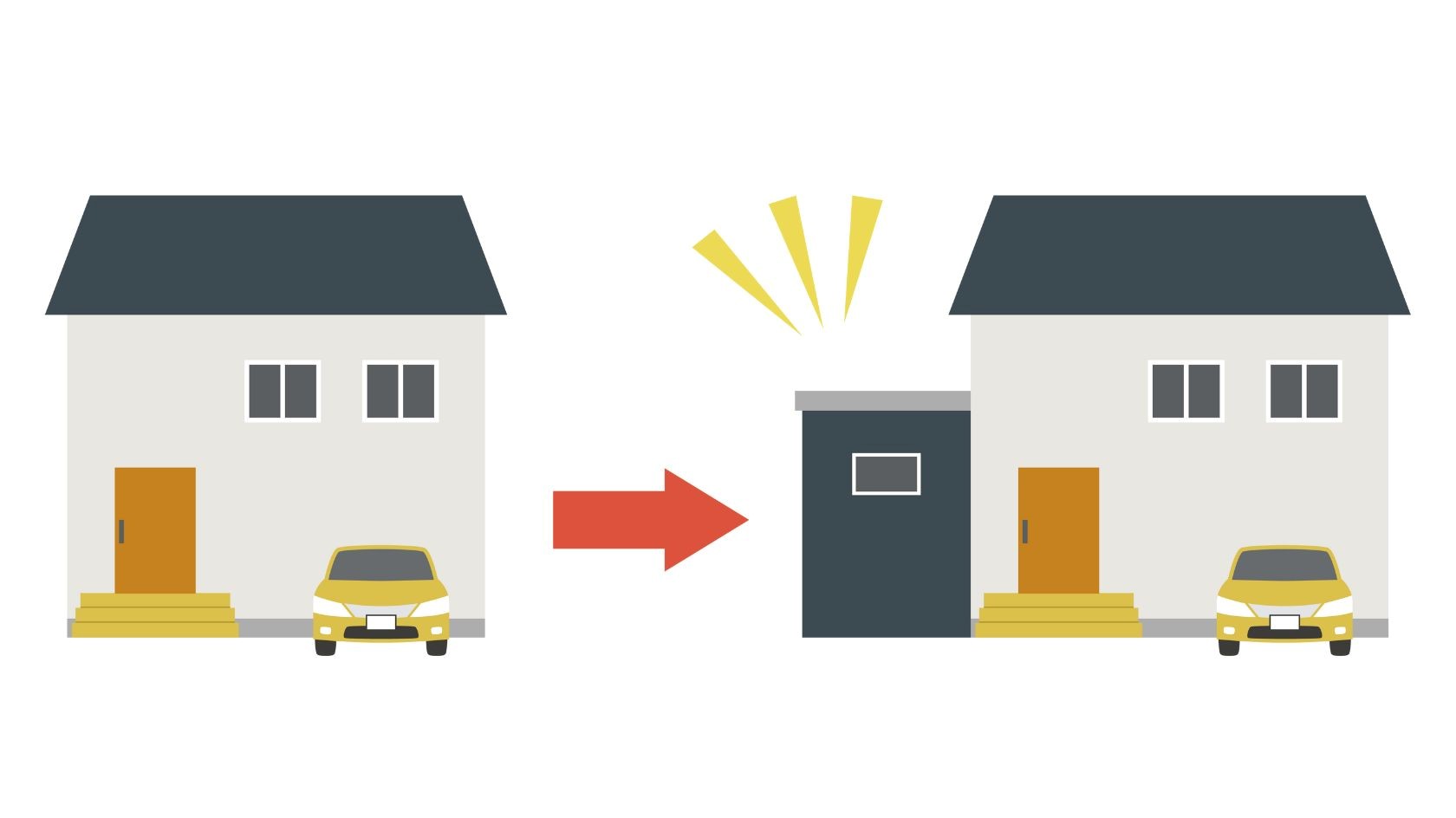
Beautiful backyard, huge kitchen, master bath, and nearby amenities like shopping, parks, and jobs. Did you just find your perfect new home? What’s next? If you pre-qualified for a home loan, the next steps could be as simple as putting in an offer and moving forward on your path to home ownership. If you didn’t pre-qualify, well, things might not be quite as smooth.
To find out why prequalification is an important step in the home buying process, we spoke with Kalina Lesseva, Residential Lending Officer in our New Hampshire market. Kalina has been with Kennebunk Savings since 2012, starting out as a teller and now helping people realize their dreams of home ownership.
Prequalification helps you understand how much house you can afford.
“The most important reason to get prequalified is that it provides you with a helpful estimate of how much of a loan you can get based on your income and other variables,” says Kalina. Once you’ve had the prequalification conversation with an experienced lender, you’ll have a good idea of how much home you can afford.
It’s no fun to find the perfect home, but discover you can’t afford the payments because you were looking at homes outside your price range.
Plus, this initial conversation with a lender provides you with an understanding of the types of loans you may qualify for and the documentation you’ll need when it’s time to submit the mortgage application. To get a jump start, take a look at our mortgage application checklist.
It also provides you with the opportunity to connect with a lender, to see if they’re a good fit for you and to see if you want to continue to build a relationship with them. To find out why it’s a good idea to have a relationship with your mortgage lender, read our blog.
Prequalification makes you a more attractive buyer and may position you ahead of other bidders.
Real estate agents love it when customers come in with a prequalification letter in hand!
“If you’re prequalified, it communicates to the seller you mean business—you’re interested in the home and you’re ready to buy,” says Kalina. “Sellers don’t want window shoppers on the weekends. They want legitimate buyers. By being prequalified, you’re proving you’re ready.”
If you’re not yet prequalified, that home you’ve had your eye on could get swooped up by someone else. This is because, as a non-prequalified buyer, the seller and agent don’t know if you’re even qualified for a mortgage.
“This translates into a pre-qualified buyer getting the upper hand,” says Kalina. “If it’s between a buyer that’s pre-qualified and one that’s not, the answer is pretty clear.”
Getting prequalified is easier than you thought.
To apply for a prequalification, you can meet with a mortgage lender at your local branch or simply have a conversation with us on the phone…whatever is easiest for you. You will be asked a series of questions about current income, assets, and debt. “You don’t have to provide any specific documentation. You’re qualified based on stated information you provide us,” shares Kalina.
Getting prequalified helps you set a budget and expectations for what you can afford so you can focus on houses within your price range. It’s a big first step in your home buying journey and tells your bank, sellers, and real estate agents that you’re serious and ready to shop. Good luck in your home search!
Still have questions about prequalification? Want to know if you prequalify? We’re ready to help you! Get in touch with us and let us get you on the path to buying your new home.


